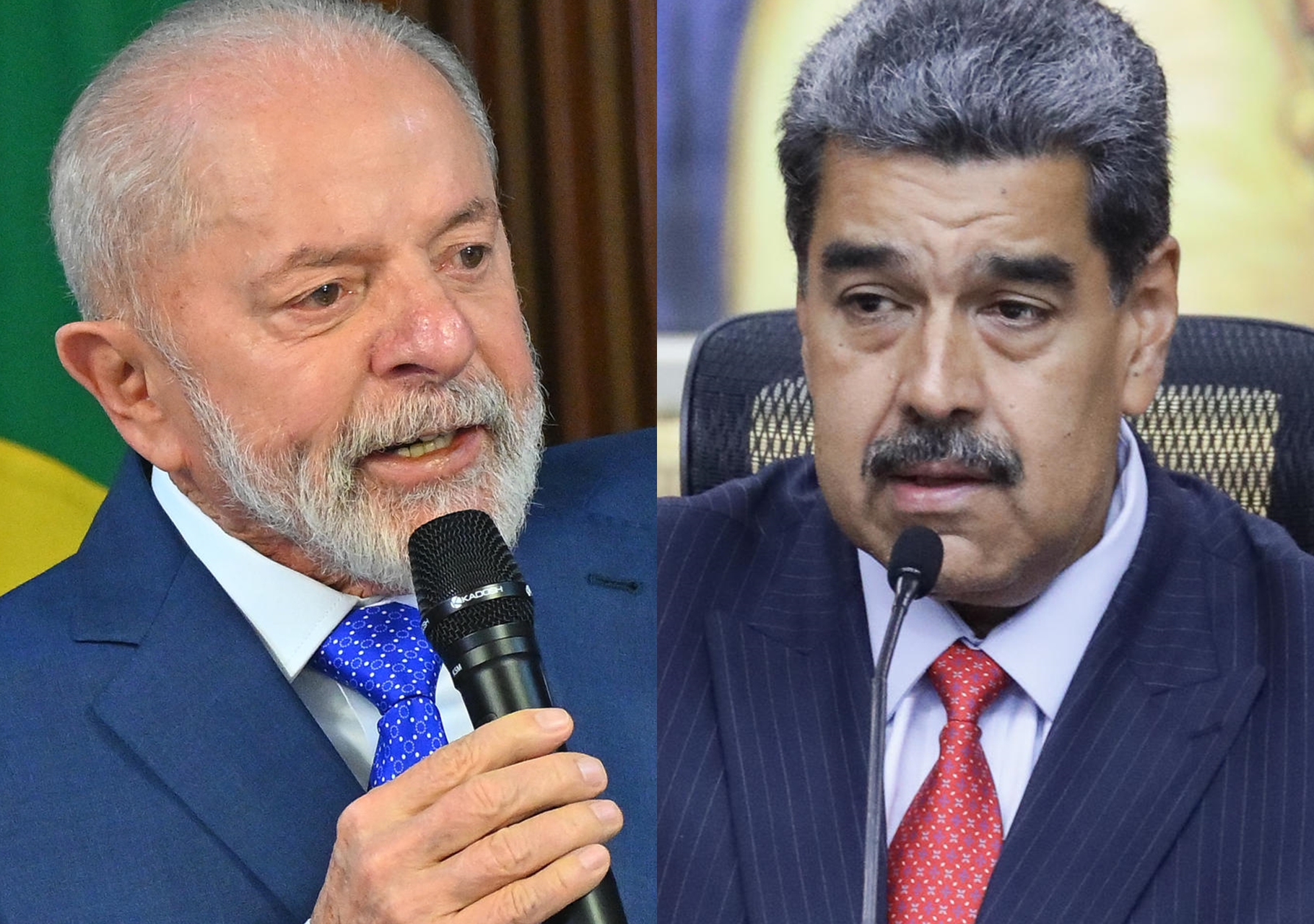
By Luis De Jesus
Aug 16, 2024, 4:50 PM EDT
Brazilian President Luiz Inácio Lula da Silva on Friday described the Venezuelan regime as “very unpleasant” and with “an authoritarian tendency,” although he stopped short of labeling it a “dictatorship.”
In an interview with Radio Gaúcha, Lula stressed the need to publish the minutes of the recent electoral process in Venezuela to validate its democratic nature.
He said that the opposition and President Nicolás Maduro are fighting for victory in the elections of July 28. While the opposition denounces fraud and publishes the minutes that would confirm the triumph of Edmundo González, Chavismo assures that its “victory” is legitimate, but does not show proof.
Lula insisted that in order for Brazil to accept the results, the veracity of the figures presented by the National Electoral Council, headed by Chavista activist Elvis Amoroso, must be known.
In particular, the Brazilian president demanded the disclosure of the results table by table, which have not yet been published by the Venezuelan electoral body. “Where are these minutes?” he asked.
Regarding the suggestion to hold new elections if the current results were not recognised, Lula noted that both Maduro and the opposition reacted negatively.
Despite the tensions, he ruled out the possibility of the conflict leading to a “civil war” and expressed confidence in the willingness of other countries to promote peace in South America.
Lula, along with Colombian and Mexican presidents Gustavo Petro and Manuel Andrés López Obrador, has attempted to mediate the crisis. However, López Obrador has recently distanced himself from that effort.
What does Gustavo Petro propose for the crisis in Venezuela?
Colombian President Gustavo Petro has suggested the creation of a “national front” in Venezuela as a temporary measure to deal with the political crisis facing the country.
In a message posted on X, he stressed that this could contribute to a definitive and peaceful solution for Venezuela.
The National Front, a historic pact in Colombia, united the Liberal and Conservative parties between 1958 and 1974 to ensure an alternation in power and confront the threat of General Gustavo Rojas, who was trying to perpetuate himself in the position of head of state. This experience could be adapted to help stabilize the situation in Venezuela, according to Petro.
The proposal is partly in line with Brazilian President Lula da Silva’s suggestions for a coalition government that includes both members of the Chavista and opposition parties, or the calling of new elections.
Continue reading:
• Venezuelan government approves law against NGOs amid complaints of arbitrary arrests
• Maria Corina Machado rejects proposal to repeat elections in Venezuela
• White House alleges confusion over Biden’s support for new elections in Venezuela
